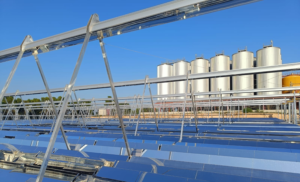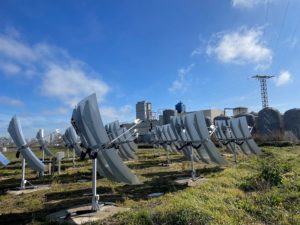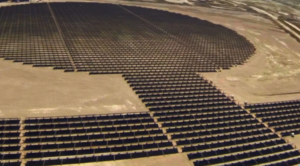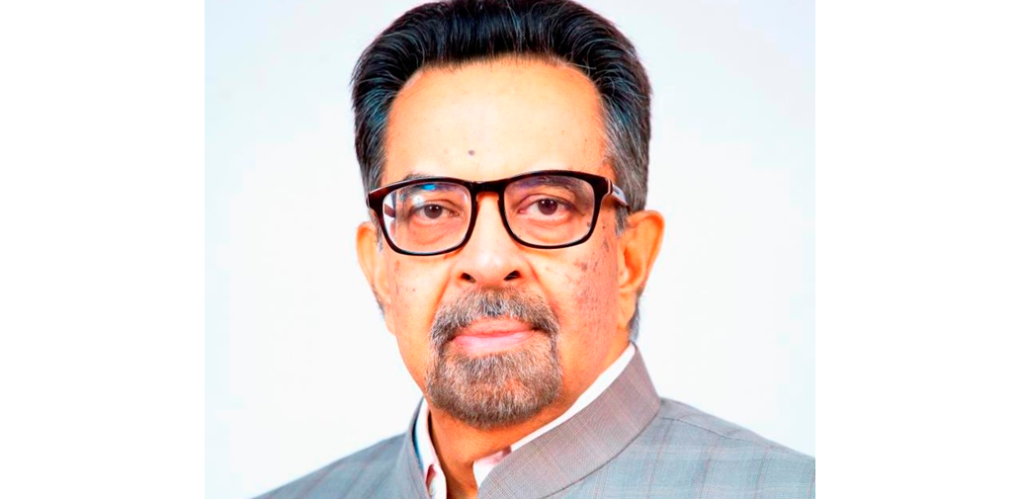
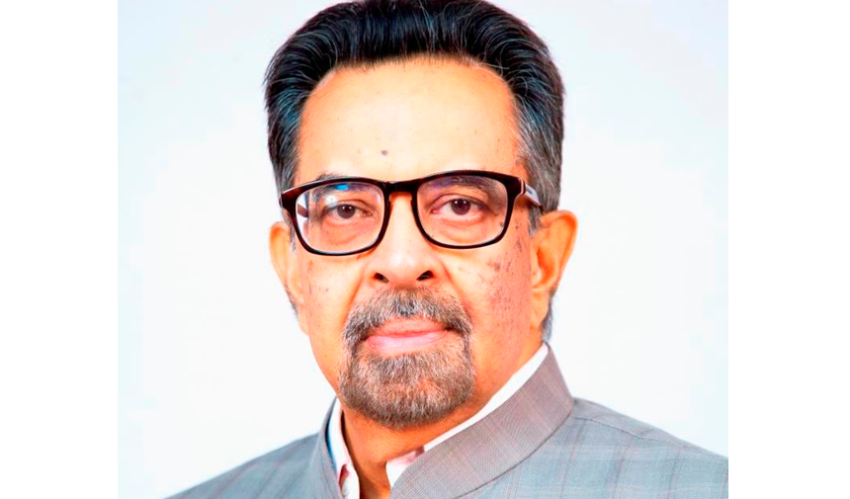
“Investment costs need to be brought down through national grants”
India is the world´s largest milk producer, followed by the United States and China. To support and fund producer-owned dairies, the country set up the National Dairy Development Board (NDDB) in 1965. NDDB is planning to replace 5 % to 15 % of all heat generation devices by concentrating solar systems, but this will require financial support from the government. Solarthermalworld.org spoke to NDDB Chairman Dilip Rath about using solar heat in the Indian dairy industry. Rath served as NDDB’s Managing Director between 2011 and 2016 before he became chairman of the board.
Photo: NDDB
Solarthermalworld.org: Broadly speaking, what are the typical dairy applications for which solar heating could be used?
Rath: Applications such as pasteurising milk, cleaning equipment, melting butter and so on require low-temperature heat in dairies. Based on our experience of using concentrated solar thermal (CST) systems, including CPC vacuum tube collectors, solar energy is ideally suited to low-heat applications, which usually need hot water between 80 and 90 °C and account for more than 50 % of a dairy’s thermal energy requirements.
Solarthermalworld.org: How much does fuel oil contribute to the cost along the entire value chain?
Rath: Typically, a dairy uses heating oil as the boiler fuel. Recently, many dairies have switched to other cheaper fuels such as coal, biomass briquettes, natural gas and so on, in order to bring down operating costs. The fuel price can be between 10 % and 20 % of milk processing costs.
Solarthermalworld.org: How many NDDB-supported dairies are using solar heat?
Rath: NDDB has provided dairies with technical and project advice on establishing CST systems in four states: Punjab, Karnataka, Maharashtra and Gujarat. To date, NDDB has counted 15 CST installations in these four states (see the attached flyer). The total collector area at the locations is around 8,000 m² of aperture area.
Solarthermalworld.org: What has been your experience so far regarding the commissioned systems?
Rath: The implementation of solar systems reduces the processing costs of milk and milk products in collectively owned dairies, which ultimately benefits the farmers involved. Our experience in CST is limited to hot water generation up to 90 °C. We have tested tracking and non-tracking technologies at these locations and only non-tracking systems met heat requirements. We would like to establish solar heating technologies at smaller and medium-size dairies at a reduced cost and look for better-performing systems.
“A 60 % investment subsidy is essential to making solar heat technologies viable at dairy cooperatives”
Solarthermalworld.org: What are the real constraints/challenges faced by dairies using solar heat?
Rath: There are a limited number of market players with the required technical expertise to guarantee heat output. Locally made tracking systems are not fully seasoned to consistently deliver heat output. Most technology, equipment and components are imported, making them less feasible for large-scale implementation. An increase in subsidies to cover 60 % of the total costs and interest-free financial assistance are essential to making the technology viable at dairy cooperatives. Lastly, tried-and-tested local solar technologies are needed to ensure consistent performance.
Solarthermalworld.org: Besides the capital subsidy from MNRE, are there any other incentives that dairies can apply for?
Rath: Besides the MNRE capital subsidy for concentrating solar technologies, implemented projects received financial support from the UNDP. As the UNDP scheme ended in March 2017, there is no additional support for solar process heat at present. A GEF-UNIDO programme provides project funds via loans. However, financial viability depends on the net investment of the project and this needs to be brought down through national grants.
“Replication of solar-heated dairies should become mandatory in the future”
Solarthermalworld.org: Would you support in the dairy industry a solar heat requirement which stipulates a percentage to offset fuel oil or coal?
Rath: There is an urgent need for all stakeholders to understand that choosing renewable sources of energy is the only way to make industries sustainable in the long run and address climate change. Hence, industries should be committed to curtailing fossil fuels for heating and to replacing conventional heating systems with renewable sources of energy. Until there is a clear government directive that is also backed by the dairy industry, the dependence on fossil fuels cannot be brought down. The government and the industries need to work out a mechanism. NDDB also intends to use solar energy to reduce the consumption of fossil fuel in dairies currently operating on the market by between 5 % and 15 %. However, this will require large investment and commitment from dairy cooperatives, legislation from state governments and, above all, a 60 % investment subsidy as well as interest-free loans. In future, the replication of solar thermal projects to provide heat at dairies should become mandatory.
Solarthermalworld.org: Has NDDB set any target to reduce fuel oil consumption by using sustainable technologies?
Rath: NDDB has set a target of meeting 5 to 15 % of annual heat demand by CST. If a solar system is installed on the terrace, there is obviously limited available area. Ground-based solar systems can be an option to explore if unused land is available. Additional financial support from the government can help developers implement solar systems at dairies across India, and realistic targets can be set based on discussions with the Ministry of New and Renewable Energy and all stakeholders.
NDDB has taken the initiative by making CST part of all future dairy projects. Likewise, we are ready to explore the possibility of receiving financial support from other funding partners regarding CST implementation.
To find out more about NDDB, go to https://www.nddb.coop
